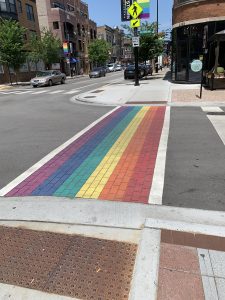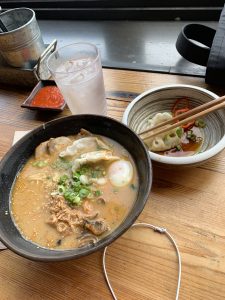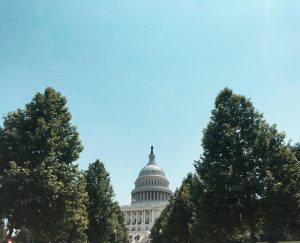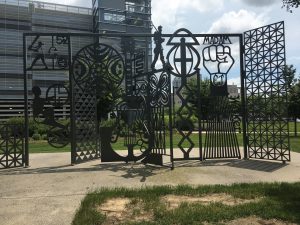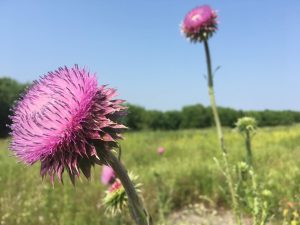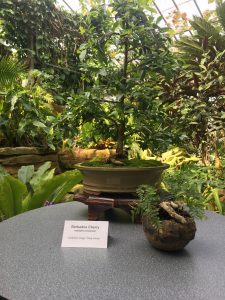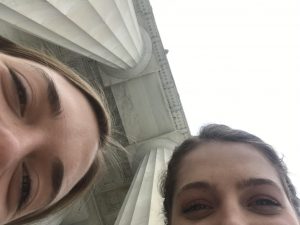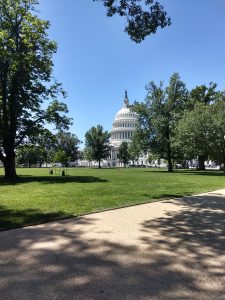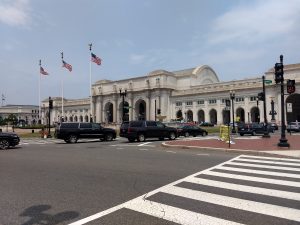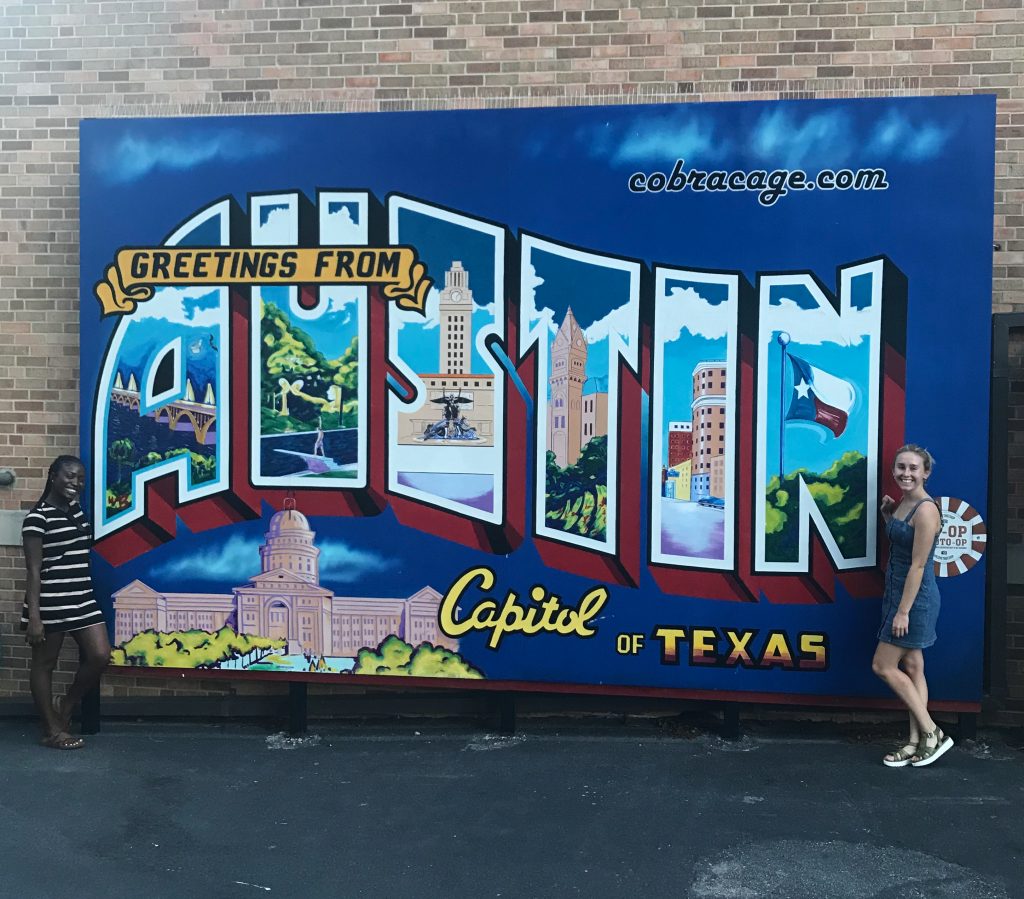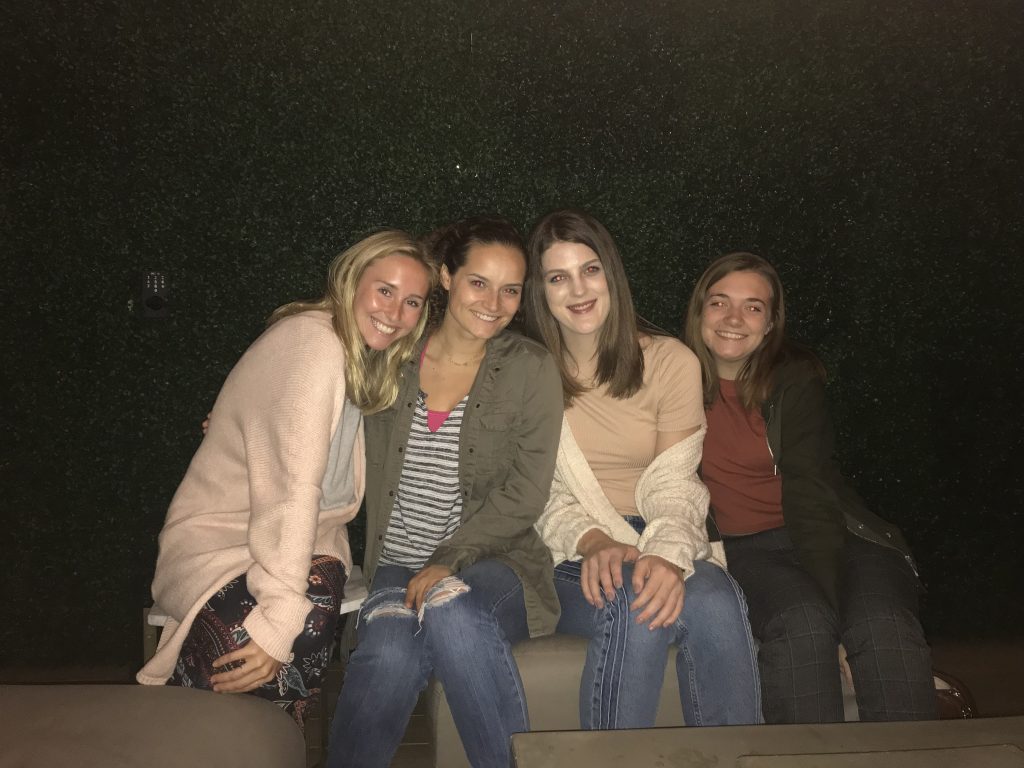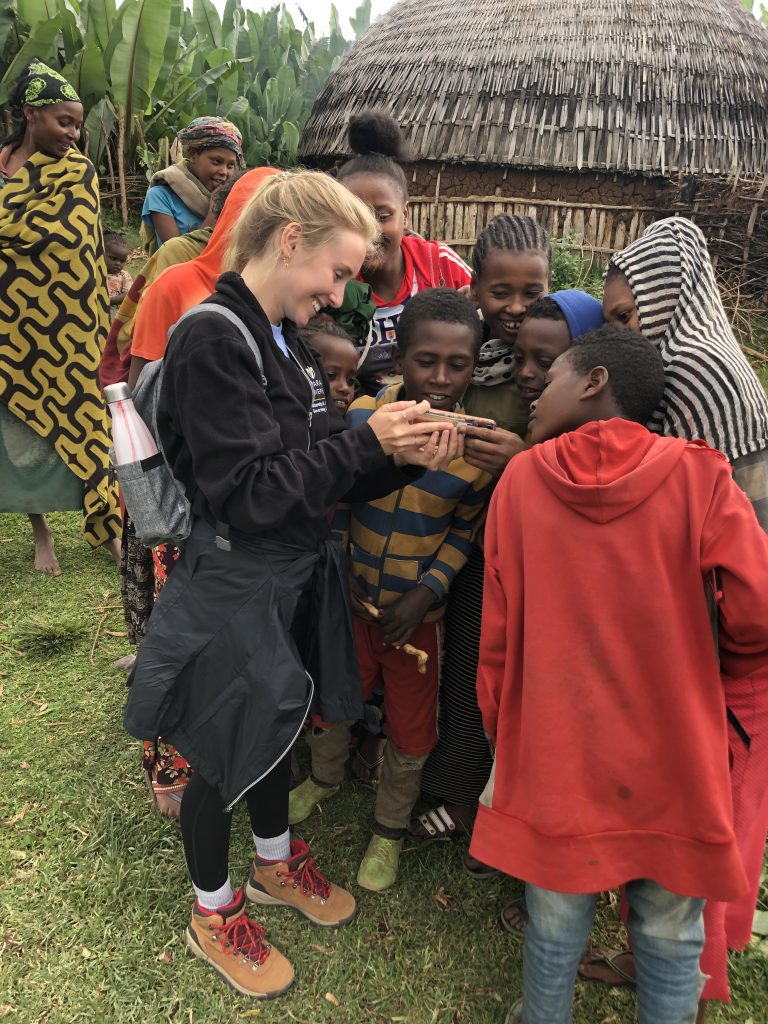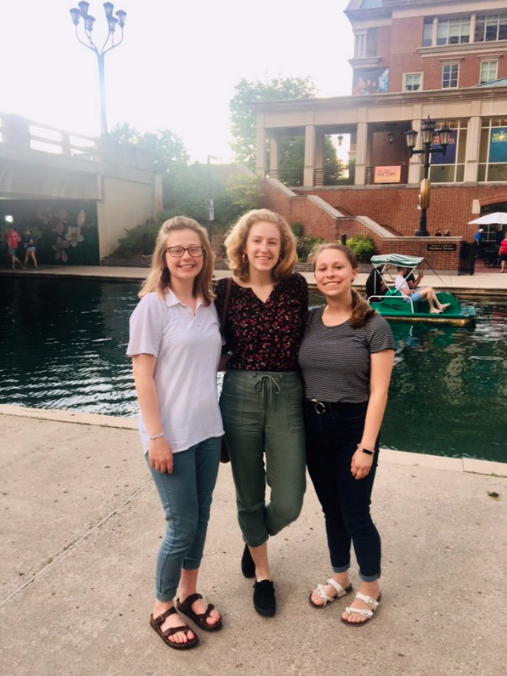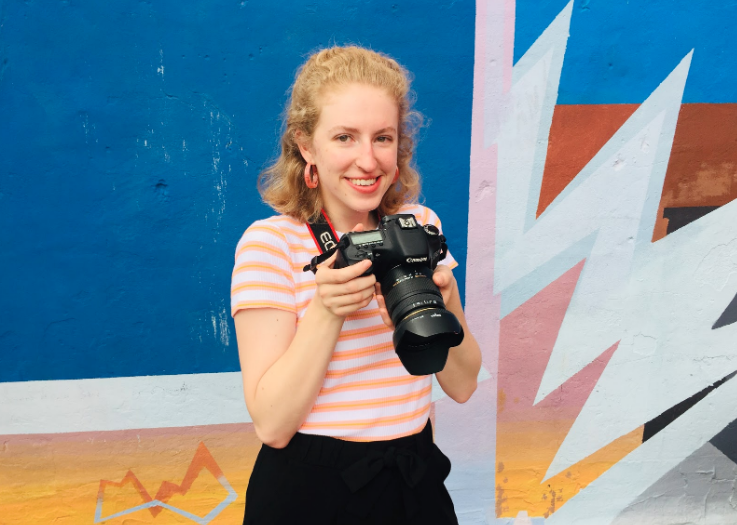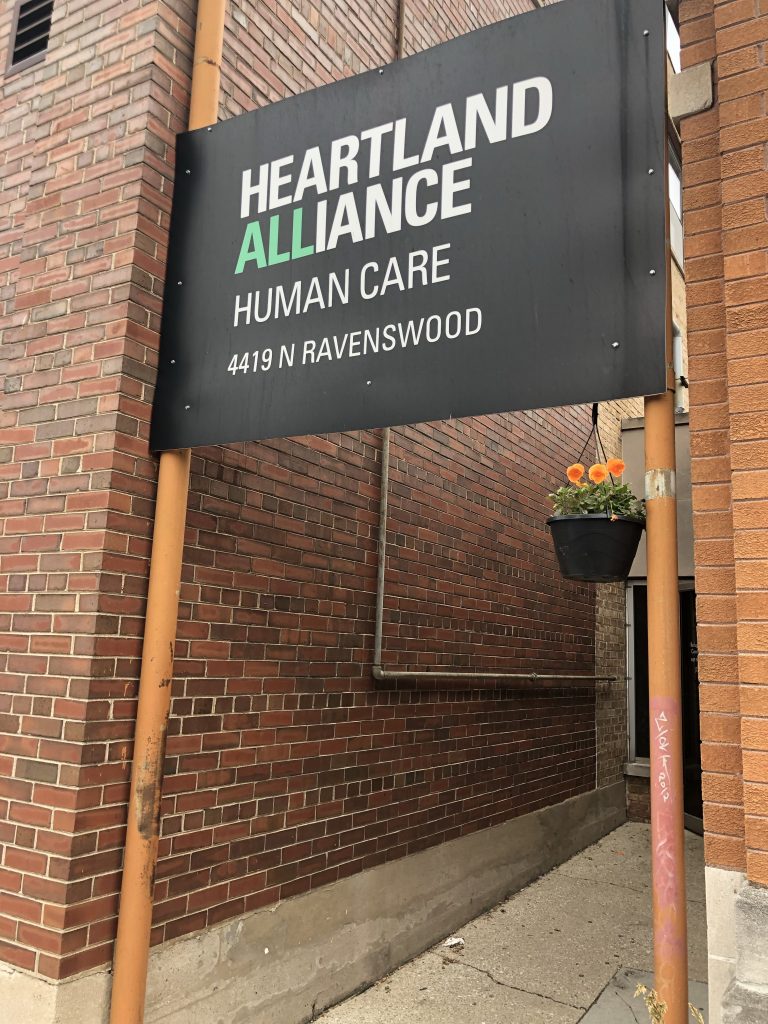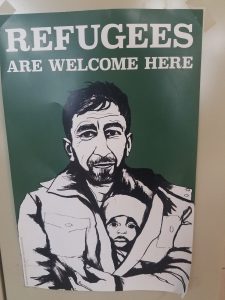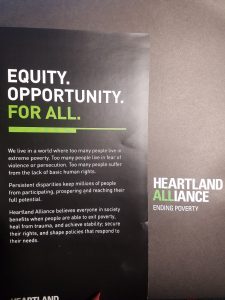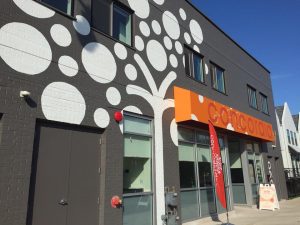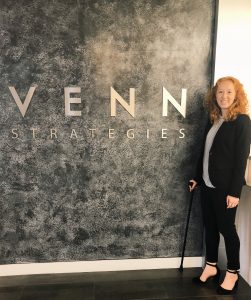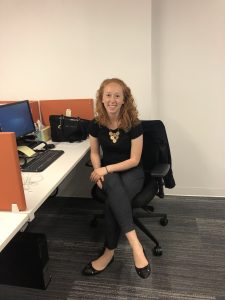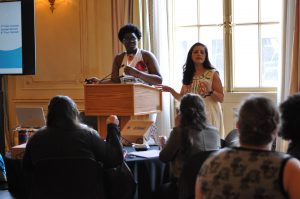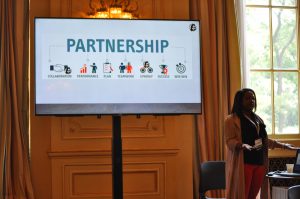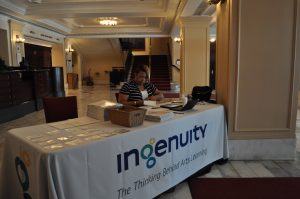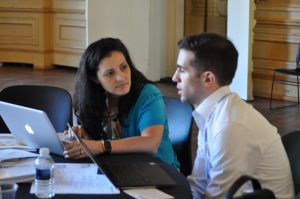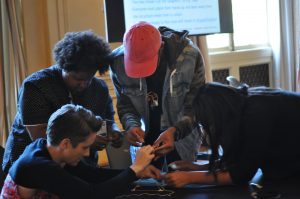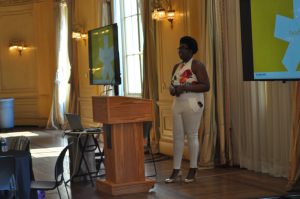An hour and forty-five minutes.
That’s the longest I’ve gotten lost here amongst the Chicago streets. I’ve gotten lost looking for bubble tea, I’ve gotten lost looking for museums, I’ve gotten lost looking for countless bookshops and more. My second day here, I got lost looking for the Target and I still think a little part of me is out there looking for the red and white store.
When my mom asks, I tell her I’ve spent most of my time “exploring” the city because that sounds a lot better than “my google maps lost connection ten minutes in and I wandered up and down Washington for thirty minutes.” It’s all about the rebranding, folks.
However, a month in, my hopeless sense of direction has marginally become less so. I say marginally because just last Friday, I almost exceeded my record on time lost when I was looking for a new ramen place.
Although, it’s not like I’m gifted in directions back home. If it weren’t for the multiple map apps I have on my phone, I’d hardly be able to leave me apartment parking lot in Valpo.
I hate getting lost, I really do. It’s the constant bone I have to pick with myself and the universe, my complete lack of direction. But it’s not all bad. While lost, I’ve found adorable little parks, farmers markets, a secondhand book store I would literally die for, and rainbow roads.
While “exploring,” I’ve also tried things I never would have considered back home. Numerous small coffeeshops that are nothing like the Dunkin Doughnuts I usually stick to, little bakeries smell like sugar and bread, thai ice cream shops where they roll up the cream right in front of you. Wonderful little places I’m happy to find and even more happy to share with my friends when they visit.
Usually, when I’m in stage 4 of being lost (the first stages being 1. Obliviousness, 2. Creeping Dread, 3. Denial and/or the Bargaining stage) I’ll wander over to the nearest Wifi providing establishment, buy a drink of tea/coffee/juice/etc. to provide sustenance for my journey, and attempt to find my way with the assistance of the Wifi. This usually works, and I usually get the perk of whatever iced drink I’ve just acquired. With my mood instantly given +5 HP and some newly loaded directions, I’m off again. Despite how much I hate getting lost, it’s almost enjoyable nowadays.
With a month left in the program, I’m sure I’ve still got loads more time I’m going to dedicate to finding my way. At least I have all those iced drinks to look forward to!
P.S. Here’s the ramen I got lost for on Friday. Totally worth it.
